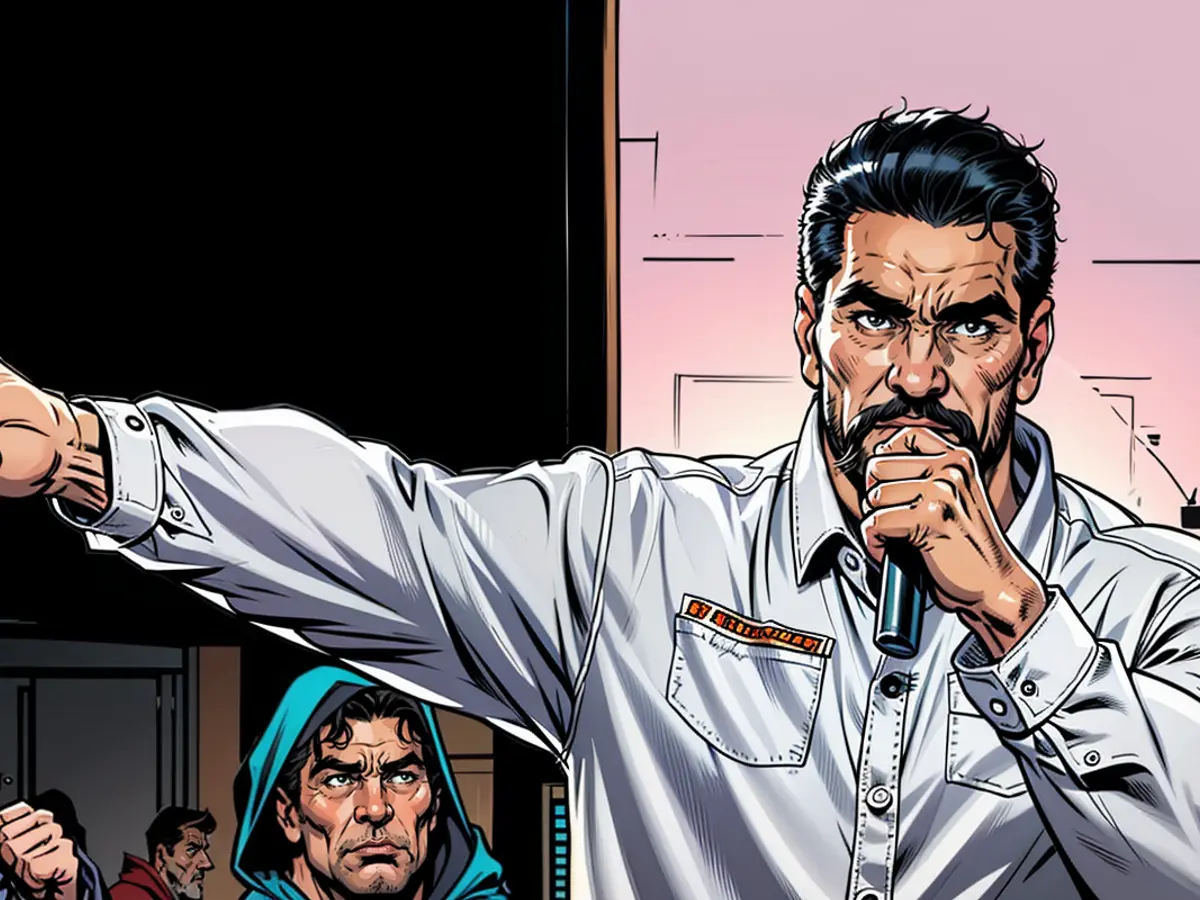EU does not recognise Maduro's re-election
Following the election in Venezuela, both President Maduro and opposition candidate Urrutia claim victory. However, the government has not yet released the detailed results from individual voting districts. The EU has now responded.
The EU has rejected the recognition of Nicolás Maduro's re-election following the highly controversial presidential election in Venezuela. The results published by the Venezuelan National Electoral Council on August 2 cannot be recognized, according to a statement by the European Council on Sunday. "Any attempt to delay the full publication of the official election protocols will only further cast doubt on their credibility," it said.
"Copies of the election protocols published by the opposition and verified by several independent organizations suggest that (opposition candidate) Edmundo González Urrutia won the presidential election by a clear majority," the statement continued. The EU is therefore calling for "a further independent review of the election protocols, if possible by an internationally recognized institution."
On Monday, the largely pro-government election authority declared Maduro, who has been in power for over a decade, the official winner of the election despite international criticism and fraud allegations from the opposition. From the opposition's perspective, their candidate González Urrutia had achieved a "historic victory" in the July 28 vote.
International Doubts and Protests
Maduro's proclamation as the winner of the presidential election sparked international doubts and protests. Despite calls for transparent results, the election authority has not yet complied. EU foreign policy chief Josep Borrell had also called on Venezuela to ensure "full transparency" regarding the election process.
Several countries, including the US, Peru, and Argentina, officially recognized opposition candidate González Urrutia as the new head of state of Venezuela on Friday. The EU did not join this step.
Maduro, a 61-year-old self-proclaimed Marxist, ran for a third term of six years in the Sunday election. Due to the economic crisis in the country, he is unpopular among many voters. Maduro's election in 2018 was not recognized by most Western countries, leading to sanctions being imposed on Venezuela.
The EU has not recognized Maduro's victory in the Venezuelan presidential election, citing the need for transparency and the publication of the official election protocols. The EU is urging for an independent review of the election results by an internationally recognized institution.








